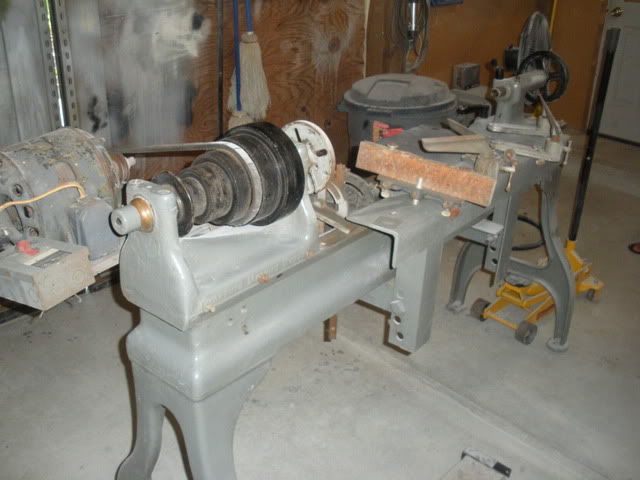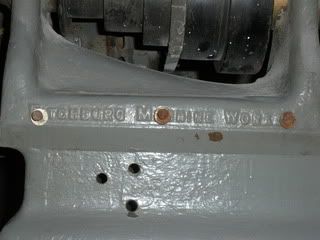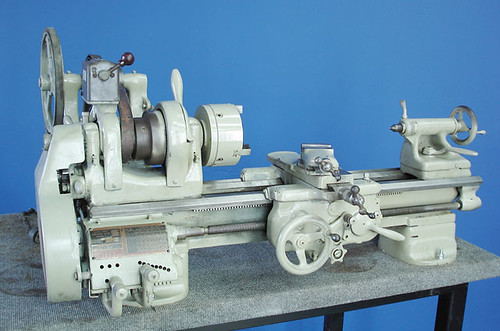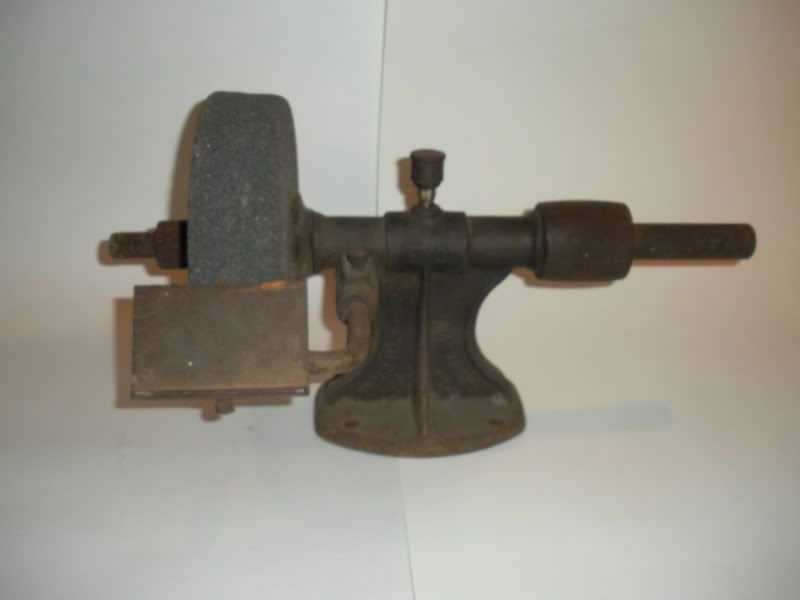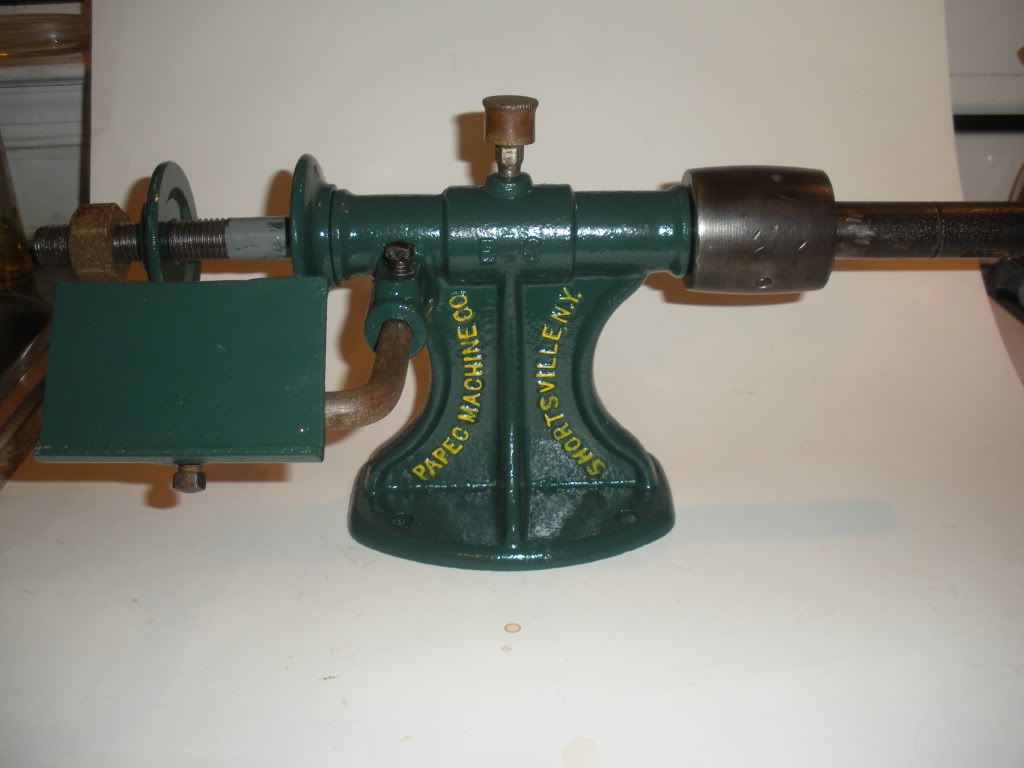MPicciotto
Practically Family
- Messages
- 771
- Location
- Eastern Shore, MD
QUOTE=Atomic]
I really want an old 40's or 50's fridge for my garage. I think they are really neat looking and would probably try to find a way to convert them to non freon. I love how heavy they are. Opening a door is an effort![/QUOTE]
Why convert it? For refrigeration purposes R-12 (the really old freon) is far superior to newer refrigerants. R-12 is non toxic and non flammable. The only issue is environmental. Once sealed up in your system the environment is safe from it. If you tamper with it to try to change it to a modern one you will most likely release some, therefore defeating the purpose of changing it. That being said if you find yourself with a really old one from the 20's or 30's it might be charged with Sodium Dioxide or Ammonia. Ammonia isn't too bad, it's still used in some large scale applications like warehouse sized freezers, and the amount in a household unit if it did leak out wouldn't present too much of an inhalation hazard. But if you find one that the tag is marked Sodium Dioxide I would relegate it to icebox status after releasing the gas in an open field. That stuff is noxious. Very bad for you. That's part of why Freon-12 introduced by Dupont was called a 'Miracle Chemical" When first demonstrated an engineer from Dupont would inhale a mouthful and then blow out a candle with it. That would show that it was both non-toxic AND non-flammable as both properties any refrigerant of the time would be one or the other.
The chances that a compressor is working and that the freon level is good in very old refrigerators is actually very high. The reasons for this are myriad. They include both better and sturdier construction and also simplification (but there are other reasons) If you install access taps to check the freon level you have introduced a likely leak spot. Better to not touch it at all if it works.
**I'm an HVAC tech by trade so I do actually know what I'm talking about.
Matt
I really want an old 40's or 50's fridge for my garage. I think they are really neat looking and would probably try to find a way to convert them to non freon. I love how heavy they are. Opening a door is an effort![/QUOTE]
Why convert it? For refrigeration purposes R-12 (the really old freon) is far superior to newer refrigerants. R-12 is non toxic and non flammable. The only issue is environmental. Once sealed up in your system the environment is safe from it. If you tamper with it to try to change it to a modern one you will most likely release some, therefore defeating the purpose of changing it. That being said if you find yourself with a really old one from the 20's or 30's it might be charged with Sodium Dioxide or Ammonia. Ammonia isn't too bad, it's still used in some large scale applications like warehouse sized freezers, and the amount in a household unit if it did leak out wouldn't present too much of an inhalation hazard. But if you find one that the tag is marked Sodium Dioxide I would relegate it to icebox status after releasing the gas in an open field. That stuff is noxious. Very bad for you. That's part of why Freon-12 introduced by Dupont was called a 'Miracle Chemical" When first demonstrated an engineer from Dupont would inhale a mouthful and then blow out a candle with it. That would show that it was both non-toxic AND non-flammable as both properties any refrigerant of the time would be one or the other.
The chances that a compressor is working and that the freon level is good in very old refrigerators is actually very high. The reasons for this are myriad. They include both better and sturdier construction and also simplification (but there are other reasons) If you install access taps to check the freon level you have introduced a likely leak spot. Better to not touch it at all if it works.
**I'm an HVAC tech by trade so I do actually know what I'm talking about.
Matt
